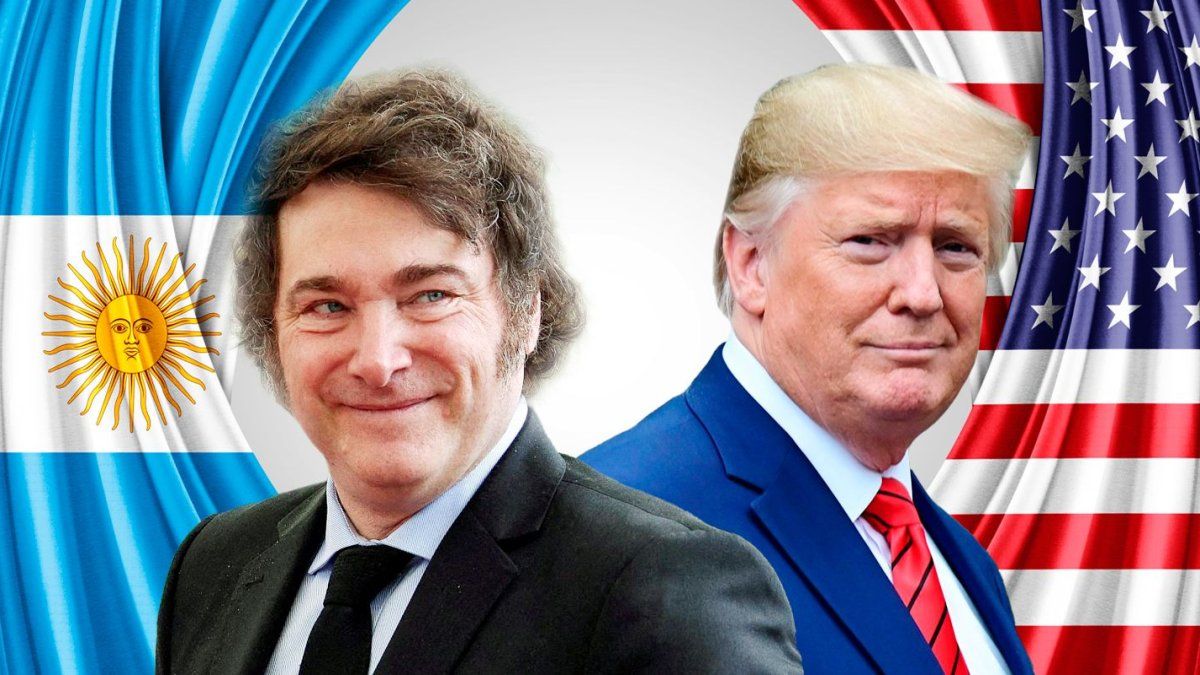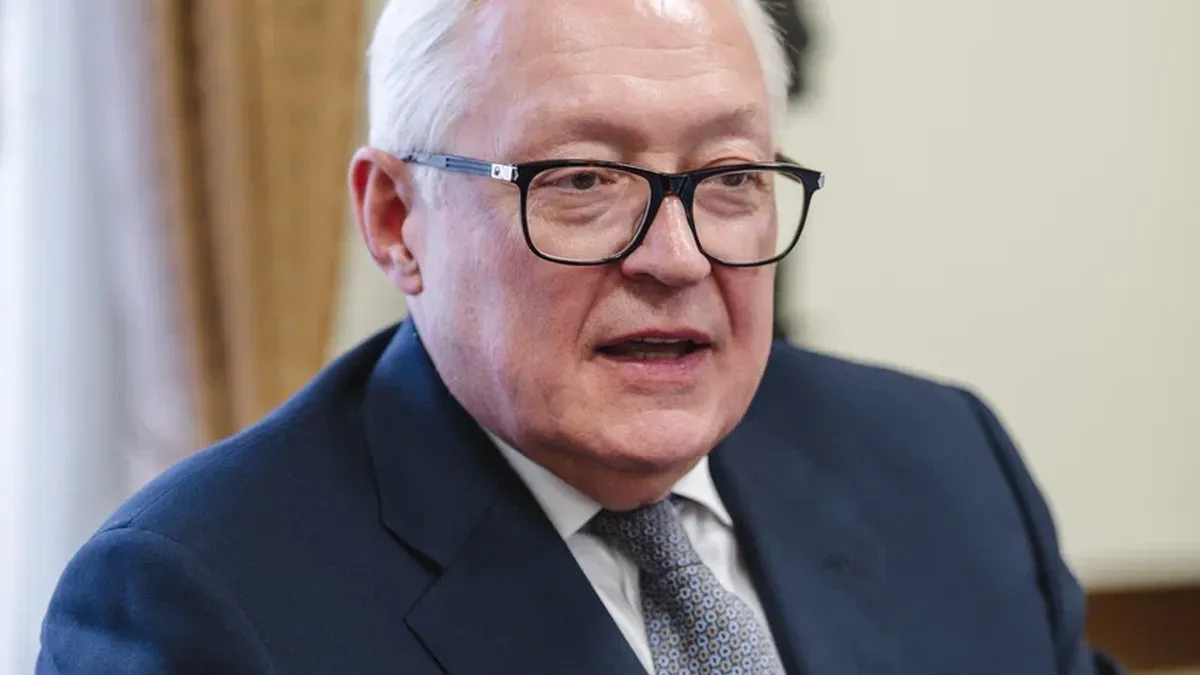The adjustment of “crawling peg” from 2% to 1% monthly and the ratification of the monetary policy rate at 32% aim to sustain the strategy of “carry trade”. These measures reflect forced technical adjustments to avoid a massive capital flight generated by this same strategy, which produced extraordinary profits in 2024. However, inflation rebounded to 2.7% in December 2024, climbing from 2.4%.
Let us remember the devaluation requested by the IMF from Sergio Massa in August 2023 to achieve a competitive dollar. Today, to match the request, a 50% devaluation would be necessary. This occurs in a context where public debt amounts to more than US$ 475,000 million (according to the Ministry of Finance) and debt maturities in pesos for $32 billion are approaching between January and February. The increase in public debt, combined with a collapse in GDP close to 3%, further weakens the economy at the beginning of 2025 and exposes it to unpredictable exogenous shocks. Without fresh dollar inflows, or a devaluation prior to new disbursements, exchange rate collapse seems inevitable.
In this scenario, Javier Milei and his Minister of Economy, Luis Caputo, traveled together to Washington and sent us a photo. They have pinned their hopes on an extraordinary request for financial aid to the United States, highlighting Donald Trump as a strategic ally who could facilitate IMF credit expansion.
“Political theology”
Laureate Milei did not read “Isaiah” and an ancient warning, although he paradoxically received the Israeli Genesis Prize, known as the “Jewish Nobel Prize,” in recognition of his “unequivocal support for Israel during one of the most difficult times since its creation.” (Genesis Foundation, January 14, 2025).
What does the book of Isaiah say?
The book of Isaiah refers to the glory of rebirth, righteousness, and “salvation.” Isaiah is a very important prophet for the Jews.
- Only God saves and He does not share His glory with anyone.
- Social injustice is repugnant to God.
Begging “Saint Donald Trump” to revive financial support similar to 2018 is more an act of desperation than strategy.The lit candles may illuminate some hope in the corridors of Argentine power, but devotion to a political savior ignores the harsh truth. Milei is not on the American president’s priority list. Trump’s immediate background is far from any hope of urgent help. It should simply be considered a miracle with low associated probabilities of occurrence.
Carl Schmitt was the one who proposed the term “Political Theology” in 1922. Schmitt’s objective was to establish analogies between the political and religious spheres to understand political and legal concepts. The strategy of seeking an external alliance evokes a timeless warning present in the book of Isaiah chapter 30, which criticizes dependence on foreign powers as an illusory solution to internal problems. This message finds disturbing parallels with the current situation in Argentina, where relying on external aid perpetuates cycles of dependency and vulnerability.
The prophet Isaiah denounced the kingdom of Judah’s attempt to seek safety in Egypt to resolve its crisis. To paraphrase him, his message to Israel is forceful:
How bad things are going to be for you! They ask the king of Egypt for help, they seek refuge under his power, but that king will not be able to protect them; Egypt will not give them refuge. You have sent ambassadors to the Egyptian cities; But they are going to be ashamed, because these useless people, instead of helping them, will cause them a lot of misfortune.
Isaías warns that depending on a foreign power without prioritizing internal and ethical solutions is not only a strategic error, but also a betrayal of the principles of autonomy and justice. The lesson was clear: Egypt was not the savior Judah expected, but rather an actor with its own interests.
The punishment for historical ignorance
Argentina seems to relapse into a cycle of known errors. The exchange tables of Martínez de Hoz (1978-1981) and Luis Caputo (2024-2025) share a tragic legacy: prioritizing financial speculation over production, benefiting a few at the expense of many and dismantling the industry in the name of stability precarious
Expanding Isaiah 30 hermeneutically, it could be understood:
You are a people who do not want to obey the teachings. They are unfaithful and rebellious. They do not want “those who see” to tell their views; They don’t want to be told the truth either. They prefer to be talked to about pleasant things; They choose to continue believing that everything will turn out well for them. …Your mistakes will fall on you like a high and cracked wall, which collapses when you least expect it…
Economic history teaches us that development is not built on pre-announced devaluations. Persisting in these strategies is not only a bad decision, but also a act of irresponsibility. The strategy “crawling peg” It is nothing more than a recycled version of the failed model that has devastated employment, industry and social equity, between 12-20-1978, and 03-02-1981
From Egypt to Washington
The futility of trusting Egypt resonates strongly in current Argentine economic policy. The temptation to see Donald Trump as a “savior” reflects the same error of seeking external solutions to internal structural problems. In practice, large economies act according to their own strategic interests, which often creates unfavorable conditions for debtors.
The 2018 experience with the IMF is a clear reminder: the stand-by loan failed to stabilize the Argentine economy. Instead, it deepened the crisis and left debt even more difficult to pay. Besides, Trump’s “America First” doctrine reinforces the presumption that any assistance will be tied to their own priorities and geopolitical interests, not to an action of unconditional solidarity.
The real challenge for Argentina is not in obtaining help from Washington, but in building a development project based on economic sovereignty, production, employment and responsible management of resources.
It is unlikely that Donald Trump will consider it a priority to provide decisive support to Javier Milei, as he did with Mauricio Macri, Federico Sturzenegger and Luis Caputo in 2018, when Argentina received a historic financial lifeline from the IMF. At that time, the strategic interests of the United States in the region, combined with an ideologically aligned Argentine administration, justified this assistance, which ended up being a failure both for Argentines and for the stability of the region. Today, the panorama is radically different. The global political context has changed, and Trump’s priorities are focused on consolidating his internal electoral base, dealing with major geopolitical tensions such as the trade rivalry with China, the war in Ukraine, and focusing on domestic economic policy issues such as the rise in import tariffs that would affect Mexico, Canada and perhaps Argentina. On the list of “Trump priorities,” throwing himself at a grenade without a safety pin would be far from configuring his first actions.
According to reliable sources, the US administration that takes office today has a good disposition towards the Argentine president, they find it fun, but they would not be willing to assume again the political and economic cost that Trump paid for Macri. Argentina needs no less than US$20 billion. It seems risky to promote a rescue of such dimensions before the IMF, especially considering the uncertainty generated by the figure of Milei, his lack of proven credentials in public management and the high risk implied by his radical proposals. This leads us to conclude that any expectation of a “second financial miracle” coming from the north is not only chimerical, but also demonstrates a dangerous myopia in international economic policy in diagnosing the real emergencies and limitations facing Argentina.
Director of Esperanza Foundation. Graduate Professor at UBA and private universities. Master in International Economic Policy, Doctor in Political Science, author of six books.
Source: Ambito
David William is a talented author who has made a name for himself in the world of writing. He is a professional author who writes on a wide range of topics, from general interest to opinion news. David is currently working as a writer at 24 hours worlds where he brings his unique perspective and in-depth research to his articles, making them both informative and engaging.




